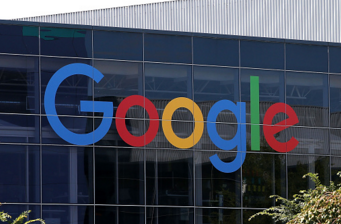Since it changed its iconic font earlier this year, Google has been in the eye of the public, and it looks like its run in the spotlight is bound to continue.
Earlier this month Google announced that it had developed a new plug-in, “Smart Reply,” for its Inbox app, focused on readily responding to emails. This plug-in scans the content of emails and offers three possible replies for you to quickly choose from. There is a feature to let Google know if none of the replies were up to your standards.
The point of this new development is obviously to make busy lives easier — rather than taking the menial time to type back a quick, “Sounds great, I’ll have that report to you by Tuesday,” Google can now present you with a few options. You pick the one that sounds best, and fits your personality the most, and boom — you’re done.
While the concept is appealing and obviously has positive intentions, I’m not a huge fan of where it leads. Of course, Google affirms that no actual person is reading the emails, but doesn’t that make the situation seem somehow worse? Since the technology boom, interpersonal communication has taken huge hits. We are so focused on the image that we create online, our own virtual reality, that we have become unsure how to act in social situations, isolating ourselves and thriving on the fake confidence found behind a screen.
Innovation has recently been lost on Americans in all of the worst ways. I agree we are making incredible bounds for medicine, technology, food science, etc. However, when we start to rely too heavily on technology, we are creating jobs for the few computer science engineers who understand these computers and have developed ingenious ways to create them, while taking jobs away from the people who would otherwise be completing these tasks. We now have a vacuum that will roll around on its own — all the owner has to do is program the parameters of a room when they first set the machine up, and it’s good to go. We have skateboards that have essentially turned into Segways without the handles — you can roll around campus without even a hint of cardiovascular activity.
Now we’ve allowed computers to start thinking for us? I know, I know — that’s what they’re supposed to do. But how far is too far? What about when computers begin to take the personality out of our words, or take out our human error entirely? I’m not going to lie — I would have failed many a paper and gotten some strange responses from teachers were it not for spell check and autocorrect. But I know that what I have to say was conjured up from the depths of my own mind and that if the words happen to sound excited, desperate, uninterested or content, it was all deliberate.


